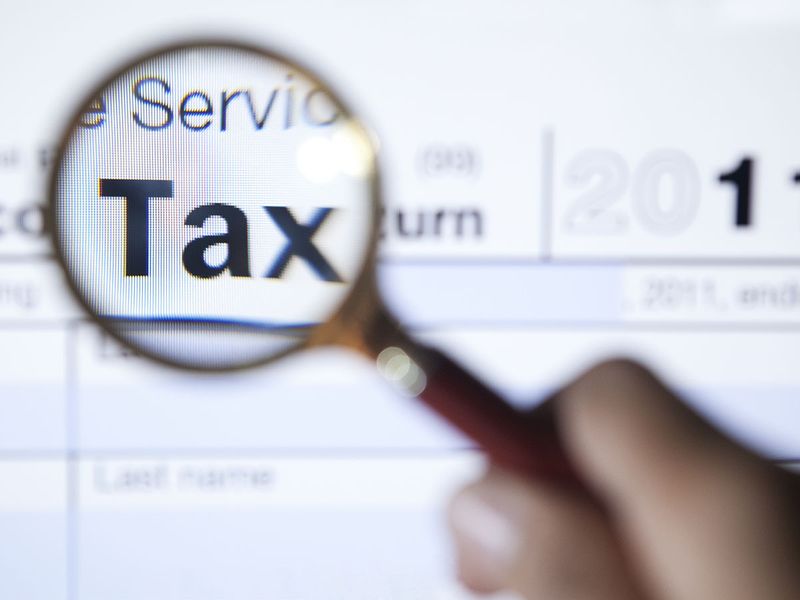[ad_1]
The UAE has enacted Federal Decree No. 47 of 2022 (“Corporate Tax Law”) on corporate and corporate taxation. Businesses will be subject to UAE corporate tax from the start of their first financial year commencing on or after 1 June 2023.
The UAE’s corporate tax regime imposes a standard rate of 9% on taxable profits in excess of Dh375,000. Profits up to and including this threshold will be taxed at 0% to support small businesses and start-ups.
The Ministry of Finance affirms the Federal Corporation and Corporate Tax Act as an important milestone in establishing a comprehensive tax regime that supports the UAE’s strategic objectives, enhances its global economic competitiveness, and provides the national economy with sufficient flexibility within the framework of established partnerships in the UAE Deal with and support the international financial system.

Existing free zone entities will be eligible to benefit from a 0% corporate tax rate on qualifying income
The Ministry added that in recognition of the important role of start-ups and small businesses in the UAE economy, a 0% threshold of taxable profits not exceeding Dh375,000 has been incorporated and the standard rate of 9% ensures that the corporate tax regime is the world’s largest One of the most competitive regimes in the world and will strengthen the UAE’s position as a global business and financial hub.
The corporate tax law reflects the UAE’s support for the OECD’s inclusive framework on base erosion and profit shifting, its commitment to introduce a global minimum tax for multinational corporations, improve tax transparency and prevent harmful tax practices.
exemption
The exemption from corporate tax is highly targeted. Natural resource extraction activities in the country are exempt from corporate tax; however, they are still subject to existing taxes in the local emirate. Other exemptions apply to organizations such as government entities, pension funds, investment funds and non-profit organizations due to their vital significance and contribution to the UAE’s social fabric and economy.
Given the fundamental role of FTZs in driving the country’s economic transformation, existing FTZ entities will be eligible for a 0% corporate tax rate on qualifying income.
Corporate tax compliance and administration requirements have been tailored to different classes of taxpayers, recognizing the diversity of businesses within the new corporate tax regime. In addition, the corporate tax regime provides generous relief for intra-group transfers and reorganizations, and allows group companies to use each other’s available tax losses.
No tax on wages or personal income
Under the Corporation Tax Act, corporation tax does not apply to wages or other personal employment income, whether in the government, semi-government or private sector. Interest and other personal income earned from bank deposits or savings plans and individuals investing in real estate in their personal capacity are also exempt from corporate tax.
The ministry noted that the corporate tax system has been designed in line with global best practices to facilitate investment and ensure that the principles contained in the law are widely accepted and understood. Importantly, given the UAE’s diverse economy and the importance of driving sustainable development, principles of fairness and equity across sectors are at the forefront of corporate tax design. To this end, the Ministry has engaged relevant stakeholders through public consultation and has taken feedback and comments into account in the final design of the corporate tax regime.
The ministry will remain the “competent authority” for bilateral and multilateral agreements, as well as international exchange of information for tax purposes. The Federal Tax Service will be responsible for the administration, collection and enforcement of corporate tax law.
A full version of the Corporation Tax Act can be found on the following pages of the Ministry of Finance website.
[ad_2]
Source link